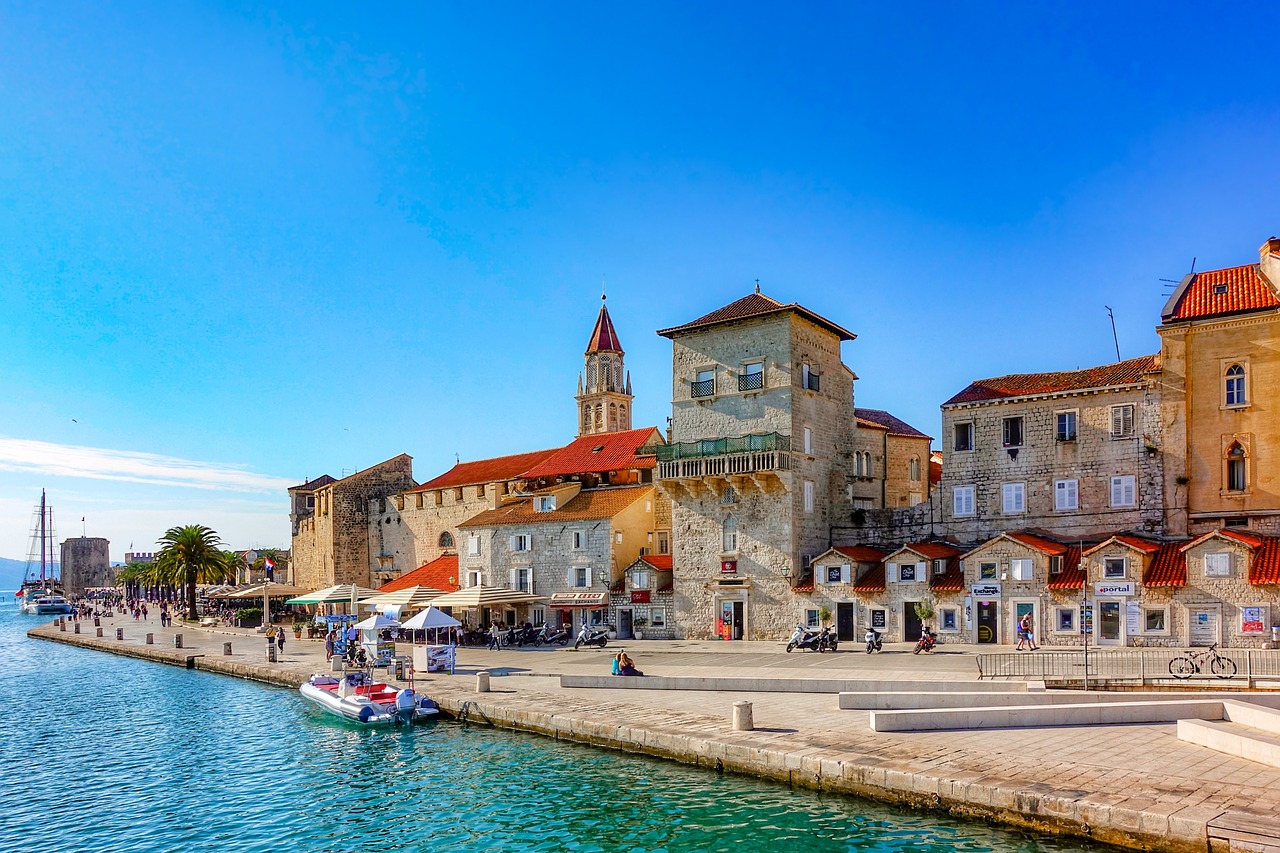Analyzing the Impact of COVID-19 on the Travel Industry’s Recovery
The global travel industry has been significantly affected by the ongoing COVID-19 pandemic. Travel demand has experienced an unprecedented decline as countries implemented strict border restrictions and travel advisories to curb the spread of the virus. This sudden halt in travel has resulted in airlines grounding their fleets, hotels temporarily closing their doors, and tourist destinations left deserted.
With the uncertainty surrounding the duration and severity of the pandemic, travelers have become hesitant to make future travel plans. The fear of potential cancellations, health risks, and changing regulations have led to a sharp decrease in bookings across various travel sectors. This shift in consumer behavior has created a challenging landscape for airlines, hotels, and other travel-related businesses seeking to recover from the impact of COVID-19.
Challenges Faced by Airlines and Hotels
Airlines and hotels have encountered numerous hurdles amidst the COVID-19 pandemic. The abrupt decline in travel demand has resulted in massive revenue losses for these industries. Airlines are struggling to fill flights, leading to decreased profitability and financial strain. Additionally, strict travel restrictions and quarantine measures have further dampened travelers’ willingness to fly, causing a significant drop in bookings for both airlines and hotels. This challenging environment has forced many airlines to reduce routes, furlough employees, and even declare bankruptcy in some cases.
Hotels are also facing their fair share of obstacles due to the pandemic. With travel restrictions and lockdowns in place, the demand for accommodations has plummeted. This has made it difficult for hotels to maintain their usual occupancy rates, resulting in substantial revenue decline. The cancellation of events, conferences, and group bookings has further exacerbated the situation for hotels, as these segments are crucial sources of income. To survive these tumultuous times, hotels are being forced to implement cost-cutting measures, lay off staff, and adapt their business models to cater to changing consumer preferences.
• The decline in travel demand has led to massive revenue losses for airlines and hotels
• Airlines are struggling to fill flights, resulting in decreased profitability and financial strain
• Travel restrictions and quarantine measures have dampened travelers’ willingness to fly, causing a drop in bookings
• Many airlines have had to reduce routes, furlough employees, and declare bankruptcy
• Hotels are facing challenges with plummeting demand for accommodations due to travel restrictions and lockdowns
• Difficulty maintaining usual occupancy rates has resulted in substantial revenue decline for hotels
• Cancellation of events, conferences, and group bookings has further worsened the situation for hotels
• To survive these times, hotels are implementing cost-cutting measures, laying off staff, and adapting business models
Shifts in Consumer Behavior Towards Travel
Consumers’ attitudes towards travel have been significantly transformed in the wake of the COVID-19 pandemic. Safety and hygiene have emerged as top priorities influencing booking decisions. Travelers are now gravitating towards options that offer greater flexibility, such as free cancellations, in response to the uncertainty caused by the ongoing global health crisis. This shift underscores a fundamental change in consumer behavior, with a heightened emphasis on health and safety considerations shaping travel choices.
Moreover, there has been a noticeable surge in interest in domestic travel as opposed to international trips. The pandemic has instigated a rediscovery of local destinations, with many travelers opting for staycations or short getaways within their own countries. This preference for domestic travel is driven by concerns surrounding border closures, quarantine regulations, and the unpredictability of international travel restrictions. As a result, tourism within national borders has gained popularity as consumers seek familiar and closer-to-home travel experiences.
How has COVID-19 impacted travel demand?
The COVID-19 pandemic has greatly reduced travel demand as people are hesitant to travel due to health concerns and travel restrictions.
What are some challenges faced by airlines and hotels during this time?
Airlines and hotels are facing challenges such as decreased bookings, financial losses, and the need to implement new health and safety protocols to reassure customers.
How has consumer behavior towards travel shifted?
Consumer behavior towards travel has shifted towards more cautious and selective choices, with an increased focus on safety, flexibility, and value for money.





